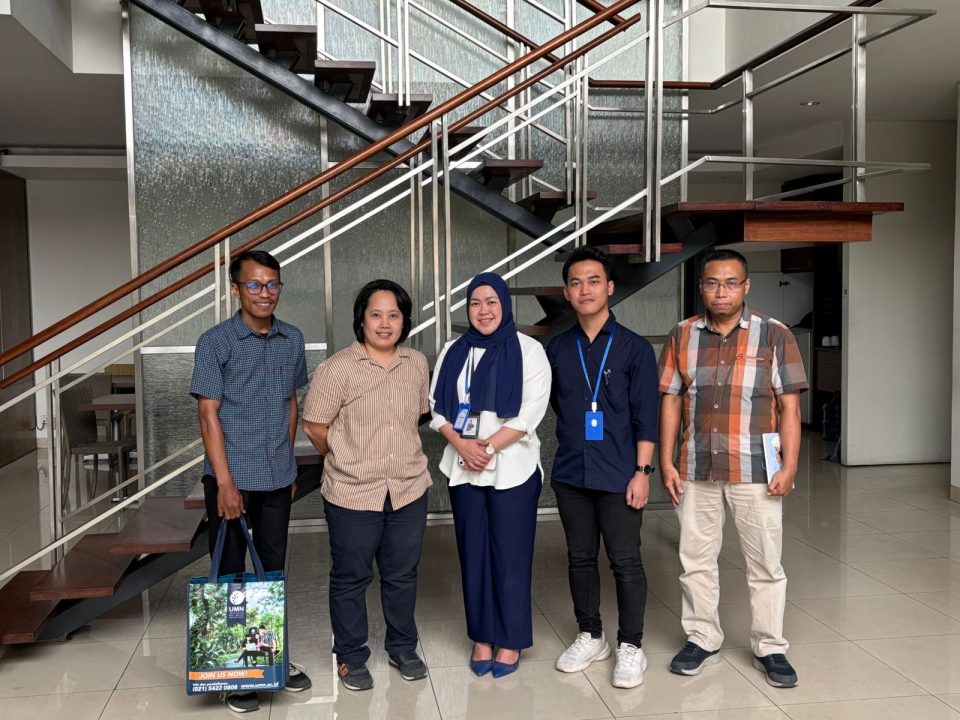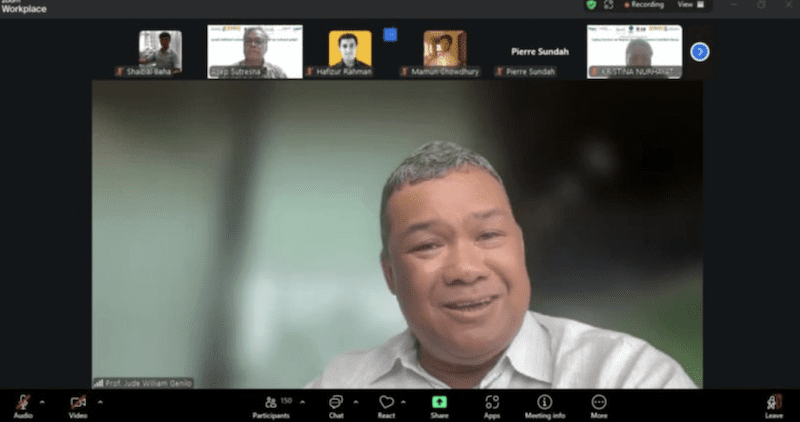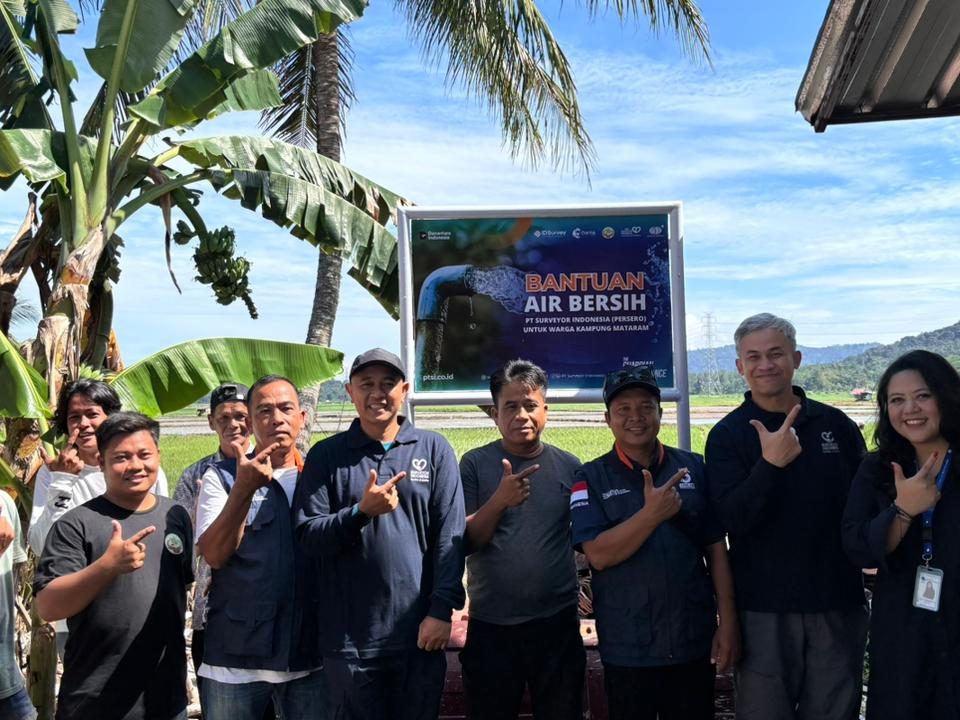
UMN Hosts Meeting of The Indonesian and Malaysian Journalistic Alliance
December 19, 2024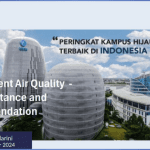
UMN’s Carbon-Free Future Starts Now
December 20, 2024
(UMN’s Achievements in Inclusiveness)
Gender equality is more than just a goal; it is a fundamental principle guiding sustainable development worldwide. At Universitas Multimedia Nusantara (UMN), this principle drives our commitment to creating an inclusive and equitable academic environment. According to the latest data from Indonesia’s Central Statistics Agency (BPS), female participation in higher education in Indonesia in 2024 is 35.23 percent, based on the Gross Enrollment Ratio (GER) by gender. This figure is notably higher than male participation, which stands at 28.89 percent, indicating a positive trend towards increasing women’s access to higher education.
To address ongoing challenges and ensure that women not only gain entry but also thrive and fully participate throughout their academic journey, UMN has implemented comprehensive policies that support women at every stage—from application to graduation. Through the Inclusiveness Policy, we actively encourage female applicants, particularly in traditionally male-dominated fields such as science, technology, engineering, and mathematics. This plan includes affirmative pathways and scholarships, one of which is aimed at increasing female enrollment from diverse socioeconomic backgrounds.
As a result, in the 2024/2025 academic year, UMN achieved near gender parity, with female and male students represented in nearly equal proportions.
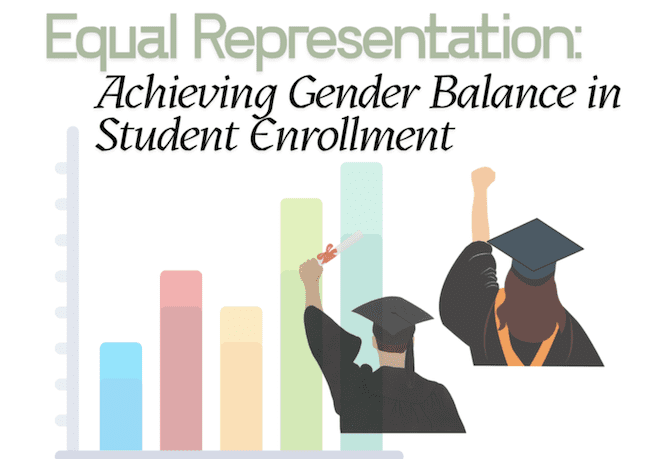
Although the university remains open and inclusive to all applicants regardless of gender, the strong implementation and promotion of this policy have significantly contributed to achieving this balance.
Access alone is not enough without a safe and supportive campus environment. Therefore, the university enforces a strict non-discrimination policy to protect women from gender-based bias and harassment. This policy guarantees fair treatment in admissions, teaching, and all campus activities. Supported by secure reporting mechanisms and decisive action on complaints, this framework ensures that female students can pursue their education free from fear or discrimination.
Recognizing the dual roles many women hold as both students and mothers, UMN offers a maternity policy designed to accommodate and empower female students and staff during pregnancy and early motherhood. In accordance with the applicable regulations. This includes maternity leave, academic flexibility such as extended study periods and leave options. It is hoped that these provisions will support women during maternity, enabling them to successfully continue their studies without academic penalty. With the right support, women can effectively balance motherhood and education.
In addition to supporting mothers, UMN recognizes the importance of involving non-gestational parents in childcare responsibilities to foster a more equitable sharing of family duties. Our inclusiveness policy about paternity encourages and enables fathers or partners to take leave and actively participate in childcare, reducing the burden solely placed on women. By promoting shared parenting roles, the university supports women’s continued engagement and success in their academic and professional pursuits, helping to break down traditional gender norms and contributing to a more balanced and inclusive campus community. This policy covers both maternity and paternity.

Equal access for all UMN Student (Doc. UMN)
We also uphold a policy of non-discrimination that includes respect for all gender identities. Everyone deserves to be treated with fairness and dignity, regardless of how they identify. This approach reflects our ongoing commitment to fostering a safe, respectful, and inclusive environment for all.
UMN Internal Reporting System
UMN has established an Internal Reporting System that enables both students and staff to report violations, misconduct, or unethical behavior without fear of retaliation, threats, or intimidation. This system ensures confidentiality through multiple reporting channels, including internal surveys, dedicated email addresses, hotline services, and in-person consultations. All reports are handled with discretion to protect the identity and well-being of the whistleblower.
To ensure accountability and appropriate handling, UMN differentiates the internal reporting flow for students and staff as follows:
For Student
- Student → Student Service – Students submit their report through the Student Service office, either directly or via confidential communication channels.
- Student Service → Student Ethics Council (Dewan Etik Mahasiswa / DEM) – The Student Service forwards the case to DEM, which reviews, assesses, and takes appropriate ethical or disciplinary actions based on university regulations.
For Staff
- Staff → Human Resources (HR) – Staff members report any issues or violations directly to HR through formal or confidential channels.
- HR → University Senate – HR reviews the report and escalates it to the Senate for oversight and further evaluation.
- Senate → Investigation Team – If the report indicates a significant issue, the Senate forms a small investigation team to conduct a detailed inquiry and recommend follow-up actions or sanctions.
This structured process ensures that all reports from both students and staff are addressed fairly, transparently, and in accordance with UMN’s commitment to integrity, ethics, and a safe academic environment.
Furthermore, UMN guarantees protection for reporters against any educational or employment disadvantages resulting from their reports. This policy aims to safeguard the rights and safety of the university community while promoting a positive and productive work and learning environment, free from corruption, collusion, and nepotism. Through this internal reporting system, UMN demonstrates its strong commitment to transparency, integrity, and a culture of accountability within the campus.
These policies represent more than institutional commitments; they embody Universitas Multimedia Nusantara’s dedication to fostering an academic culture where women are empowered to succeed and contribute fully. By continually strengthening these frameworks, the university not only aligns with the global agenda for gender equality but actively shapes a future where education is truly accessible and equitable for all.

